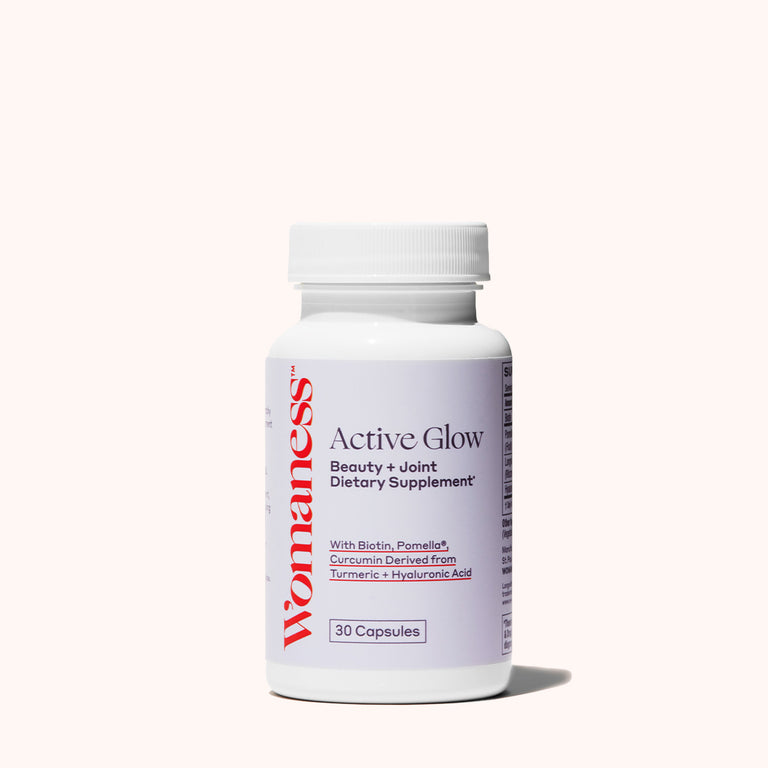By Womaness Editors 1-Minute Read

Welcome to ASK AN EXPERT, a series where we pose your real questions to our menopause experts for the intel you need. Need an answer? Post your question on The After Party, our private Facebook Group.
Your Question:
“How can I really change my body after age 50?”
The Answer:
From Chris Freytag, nationally recognized fitness trainer, coach, and founder of GetHealthyU.com:
“Honestly, if there was one secret I would tell you, it's strength training. Strength training is the key to aging. If you are not doing any strength training, I hope I can convince you to start.
The definition of strength training is using your muscles. It means using your body. It's feeling your muscles contract. Listen, walking is amazing—I'm a big daily walker—and you do strengthen your lower body, burn calories, and get your heart rate going a bit. But you also need to put muscle on your body composition.
“Strength training is the key to aging.”
After about the age of 35, we start to lose about a half pound to a pound of muscle a year if we are not actively replacing it. So, if you are someone who says, ‘Well, I was active, I was chasing little kids, I was a runner; I did this, I did that. Now I'm sedentary and work a career where I'm sitting at a desk or just not doing anything physical...’ you start to lose that muscle.
Typically, you probably are gaining a little body fat because your metabolism's slowing down. You're maybe gaining some weight, which is coming in the form of body fats. You're now weaker and more tired. Your joints hurt. Your bones are weakening. It's everything: bones, muscles, joints. So you need to strength train to keep that muscle on or add to it.
The more muscle, the more calories you burn at a resting heart rate.
It's really exciting, but how you get started is baby steps. Because when somebody says, ‘I haven't worked out in a long time and am just going to pick up these weights and do a whole intense workout,’ tomorrow your joints hurt, you can barely pick up a glass of water, you can't bend over to do laundry, and can't sit on the toilet. That's not fun. Most people go, ‘Yeah, I'm never doing that again.’ So if you start with baby steps and let your body acclimate, pretty soon, over the course of a week and then a month, your muscles will get better at that movement. You'll get stronger and then you can do more.”
Learn more from Chris Freytag
Get More Answers
Ask an Obesity Doctor: "What should I eat for breakfast?"
Ask an OB/GYN: "Intermittent fasting: Any benefit beyond weight loss?"
Ask an Integrative MC: "Is a plant-based diet better for my hormones?"






